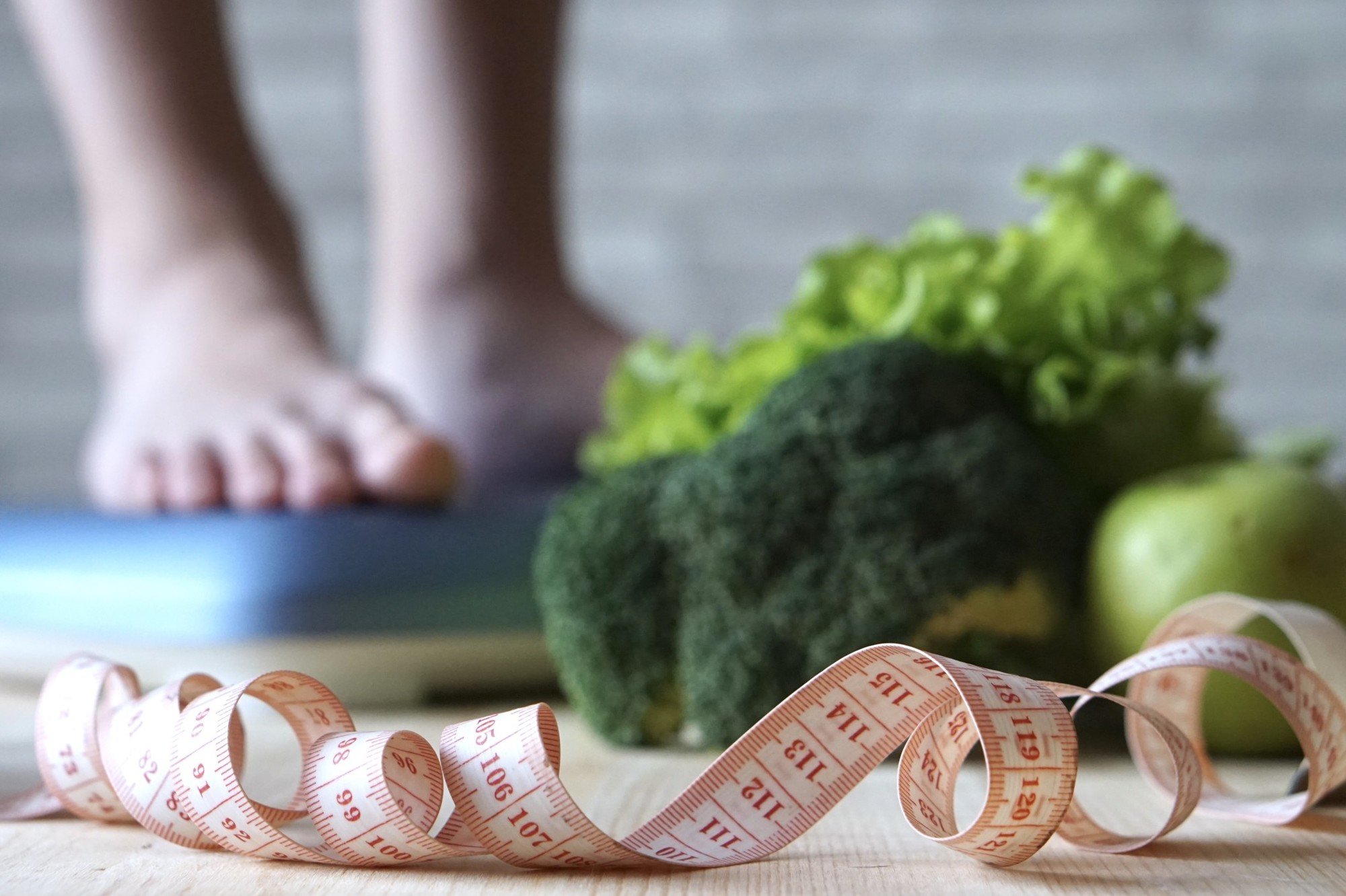
When we first change our way of eating and get on a good exercise routine, the pounds often start flying off fast, and we start really moving in the direction of our goal weight. But then, there's often a stall. No matter what, it seems like we just can't shake those final pounds, no matter how hard we try. What now? Weight-loss plateaus are common, so anyone who's going through this frustrating phase should know they're not at all alone. That initial, intense drop in pounds doesn't last forever for anyone — even those of us who stick to the plan as closely as possible. (With the occasional cheat meal thrown in because… c'mon, we're only human.) But what we need is to supercharge our weight loss, and there are some simple ways to do that.
Read on to find some ideas on ways to get over that initial hump, but also check out these stories that can help define and understand weight-loss strategies as a whole. For instance, 19 Ways to Make Your Weight Loss Story a Success is a collection of overall strategies we can incorporate into our daily routines to make weight loss really happen for us. For anyone who's been debating the value of getting help with their weight loss through accountability programs, take a peek at Should I Use an Online Weight Loss Coach? which can help someone make a decision based on their own needs. We also love 11 Weight Loss 'Magic Bullets' That Actually Work, which are simple, easy-to-incorporate, and genuinely useful hacks for speeding up the weight loss process that are backed by science. And finally, we recommend taking a look at 22 Things You're Doing That Prevent Weight Loss — one of these may be contributing to the difficulty of shedding those final pounds.
Exercise More

We know exercise alone won't do much for shedding pounds, but adding exercise to a new way of eating can be just the metabolism kick we need. Join a class, find videos online, or create a routine using 30-day challenges for pushups, planking, squats, or ab workouts. Or add another 5K steps to the daily 10K steps goal.
Up the Cardio
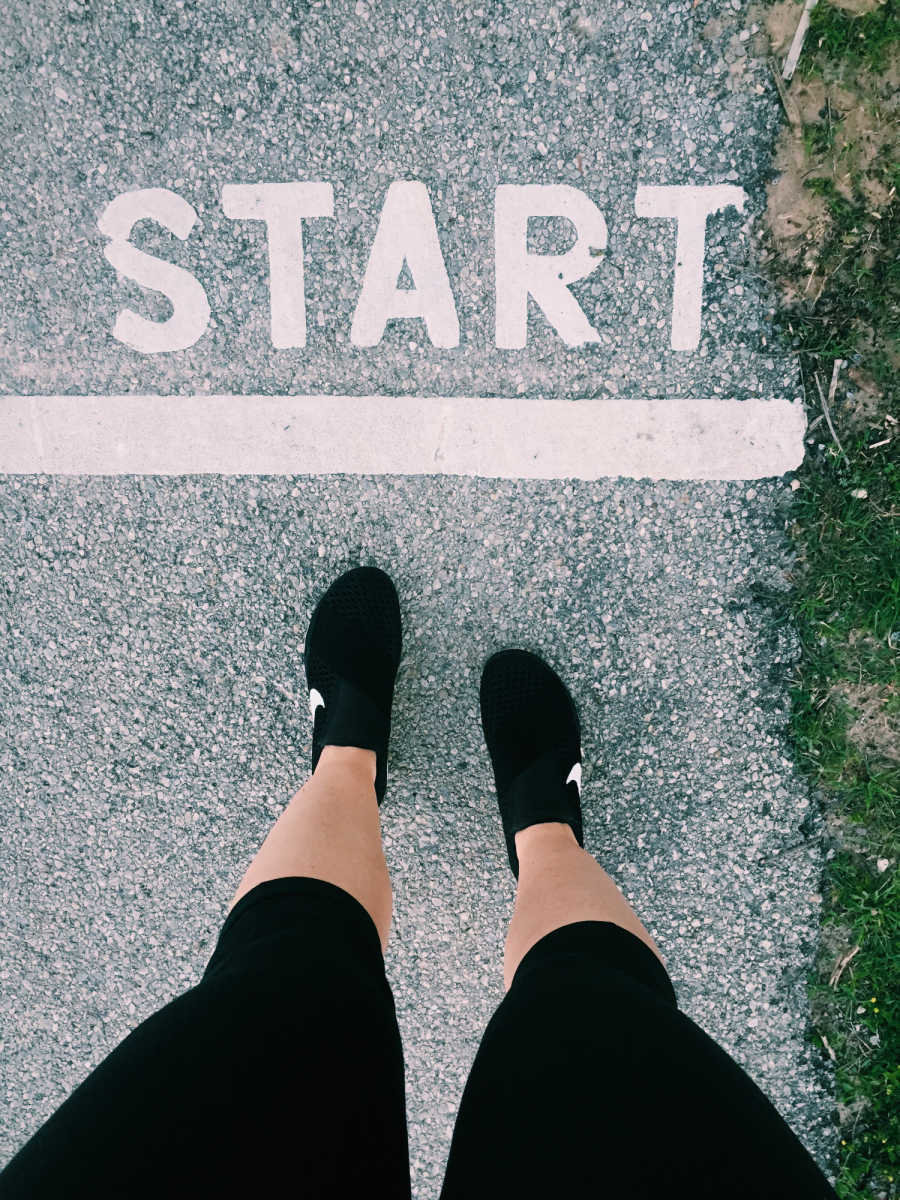
Adding cardio to a weekly workout can help spike our overall calorie burn, which can bring down the number on the scale. Dr. Grant Tinsley breaks down the numbers and concludes most of us would burn more calories in a cardio workout than weightlifting or walking at a moderate pace. The number of calories we burn, of course, depends on our size and how intense we make our workouts.
Build Muscle

Though cardio might burn (minute-for-minute) more calories, in the long term, building muscle turns the body into a calorie-burning machine. We all know muscle weighs more than fat, so keep that in mind — especially for anyone who's only judging success by the number on a scale. But it is possible to build muscle and also lose weight, though it's important to keep certain strategies in mind, like eating enough protein (where else does one get the materials for those muscles?), strength training at least three times a week, going easier on the cardio, and simply being patient.
Don't Starve

This is important: radically restricting calories is not the way to go. In fact, it's how we ensure we'll gain weight (eventually) rather than losing it and keeping it off. It's important to know whether we're under-eating. To give ourselves a weight-loss boost, focus on foods low in sugar and high in nutrient density, including fats. The latter will keep us satiated longer — and also not trigger insulin spikes, which leave us hungry in the long run.
Eat the Right Foods
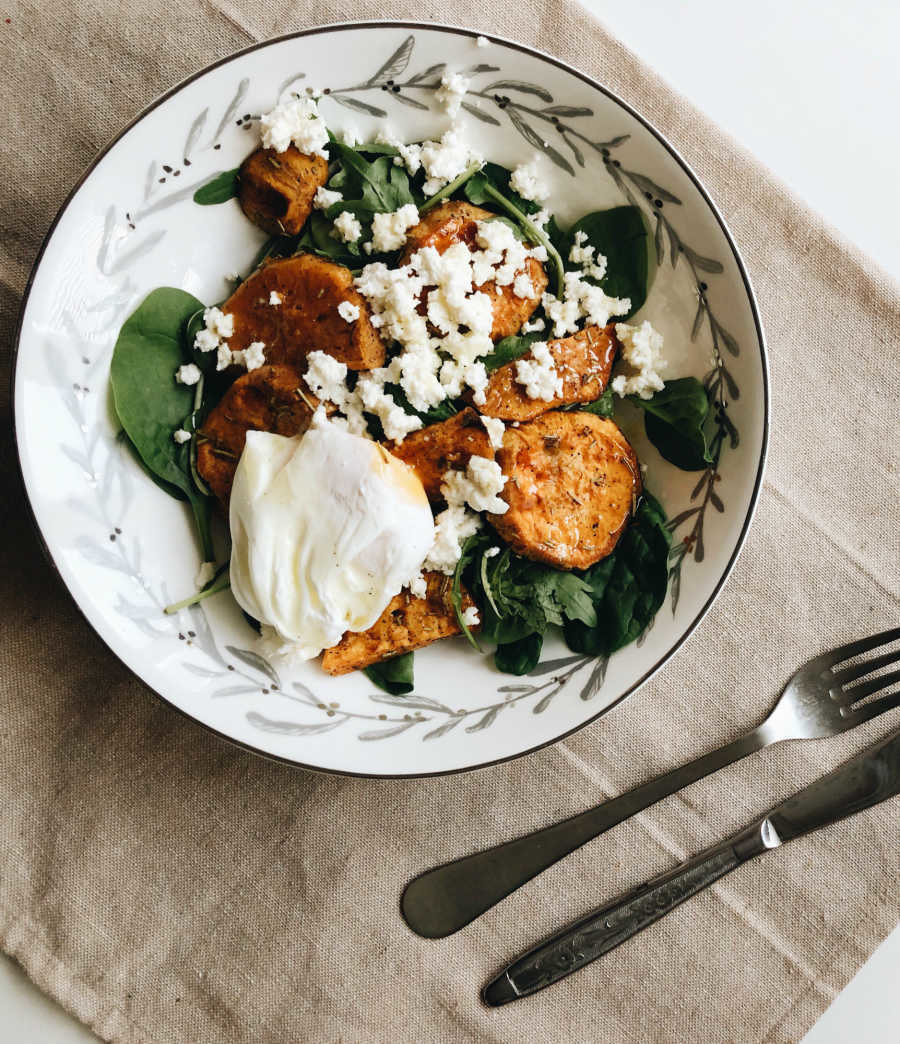
Small changes in what we eat can have a big impact on weight loss. It's worth experimenting. Spicy peppers have been shown to help convert calories into heat. Celery boosts digestion, and fatty fishes, like salmon and tuna, stimulate the production of hormones that regulate metabolism.
Don't Skip Breakfast
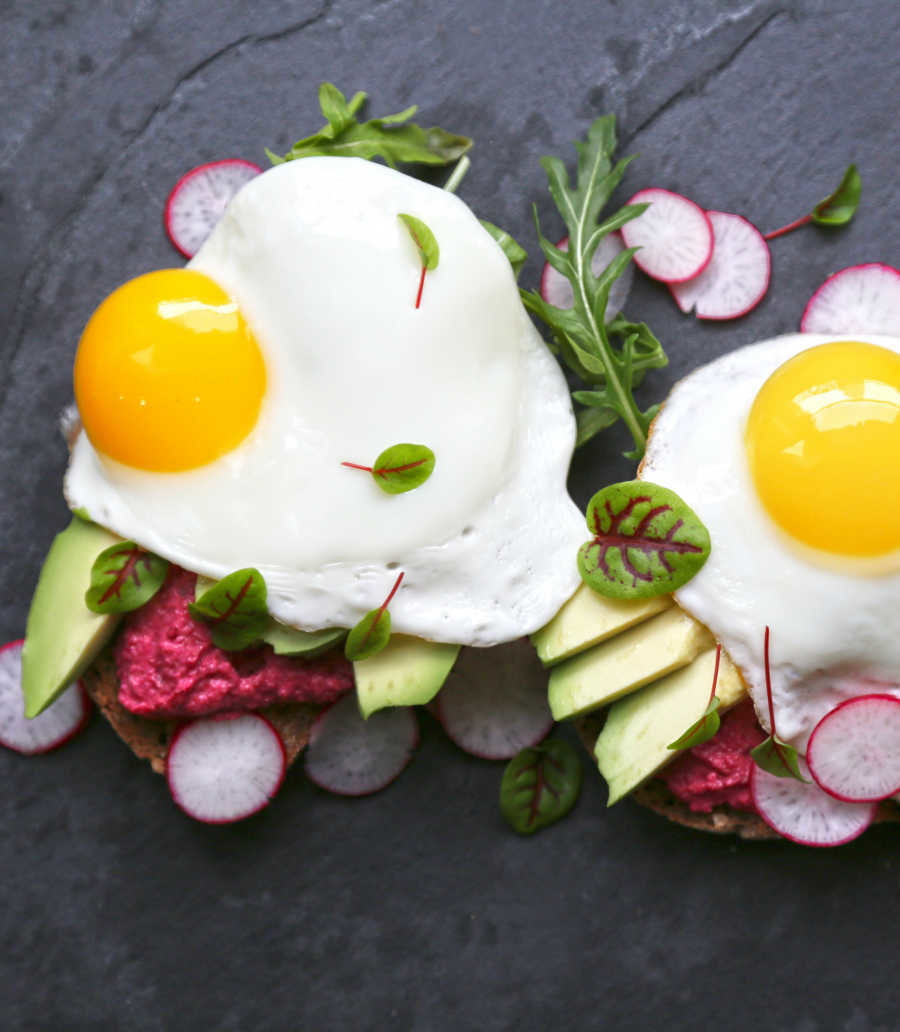
Breakfast might really be the most important meal of the day for those who are trying to get past a weight-loss plateau. Not only does it help regulate blood sugar and make us feel less hungry as the day goes on (making us less likely to gorge at lunchtime), a study published in the American Journal of Clinical Nutrition found that skipping breakfast (or any meal) led to increased risks for becoming overweight and obese — the opposite of weight-loss goals.
Walk 10,000 Steps

For anyone going to the gym a few times a week, don't stop. But adding on daily movement to get into a calorie deficit every day. Strap on a step counter and set a goal for 10K steps every day. Small changes in where we park, taking the stairs, walking instead of driving, and taking a quick evening stroll to hit the mark will add up over the week and month.
Get Better Sleep

One nearly effortless way to supercharge weight loss is to get more sleep. Researchers found that not getting enough sleep cut the study's dieters' fat loss by 55 percent over 14 days. Most people need seven to nine hours every night to be rested and recharged. Anything less and our body starts craving carbs, making not great decisions, and producing more cortisol — a stress hormone that, among other things, sends signals for the body to conserve energy.
Work Out Before Bed

Working out raises our metabolic rate. So, working out before going to bed means the metabolism will be working harder even as we sleep. To leverage this, continue any usual morning or afterwork gym sessions, but add on a short, intense workout to the pre-bedtime routine.
Double Check Medications

Some medications cause weight gain, others may simply slow or prevent weight loss. For anyone on prescription medications who can't get past this weight-loss plateau, check those prescriptions against this Mayo Clinic list of medications that they may be interfering with. Of course, don't stop taking the medications, but have a conversation with a doctor about considering alternatives.
Drink Water Before Eating
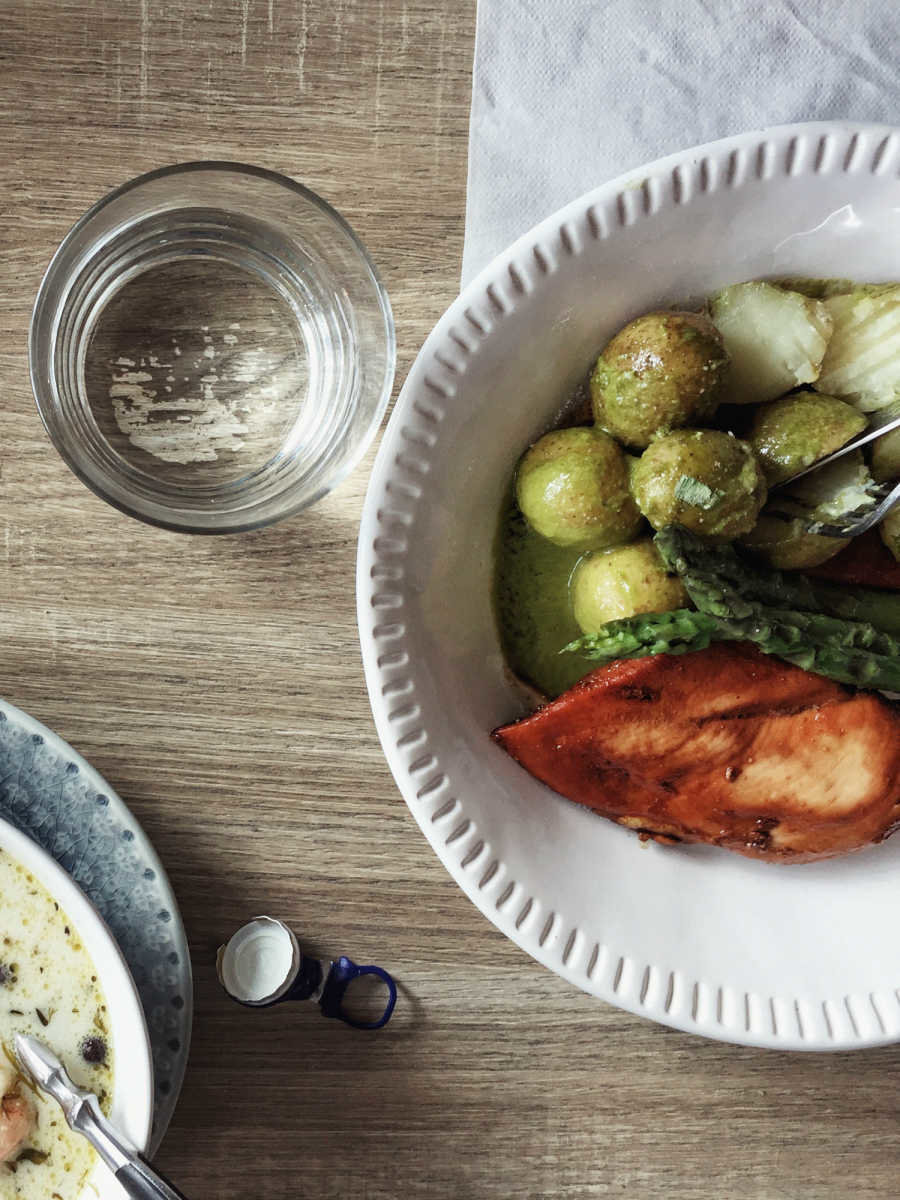
Drinking a tall glass of water has been shown to boost weight loss in obese adults, so it may also provide the extra boost needed toward hitting those goals. Also, ice water burns a tiny bit more calories than room temperature water — and dehydration can often be mistaken for hunger.
Stop Eating Refined Foods
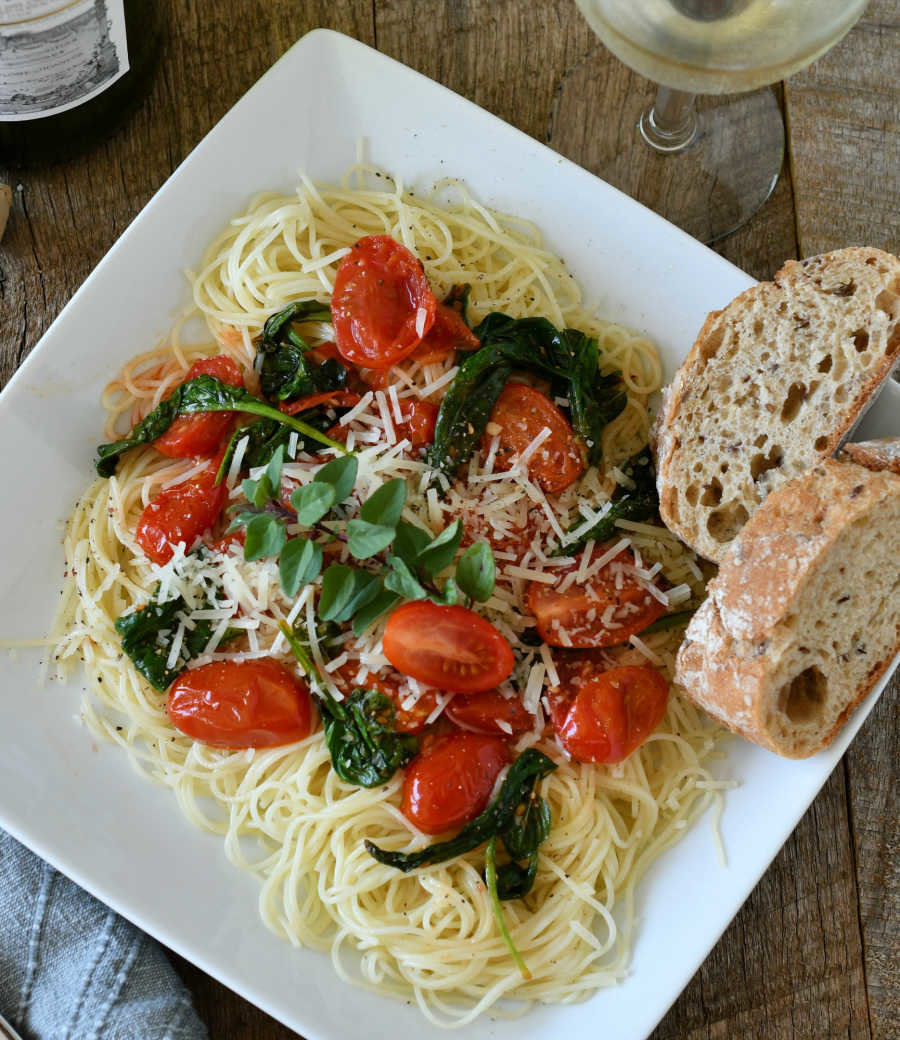
Carbs have really taken a hit in the last few years, especially refined ones like white flour and any type of sugar. And honestly, while whole carbs are good for us, refined carbs have fallen out of favor for good reason: They're quickly converted into glucose, which spikes insulin and signals the body to store as much as it can as fat (particularly in the belly area). For anyone stuck at a plateau who hasn't tried eliminating sugar and refined flour, give it a try.
Cut Out All Sugars

For anyone starting the day with a fruit smoothie, consider cutting that, too. Fruit contains a lot of sugar, but when they're turned into smoothies and juices, it often eliminates most of the fiber, essentially turning a healthy drink into a sugar bomb. Too much sugar can stall and reverse weight loss. A quick supercharge may be switching from fruit, smoothies, and juices to plain yogurt, eggs, and vegetable hashes.
Don't Drink Calories

Nutritionists have been telling us forever to not drink our calories. Instead of sodas, wine, and juices, drink water. Rather than smoothies, eat plain yogurt or cheese. Liquid calories, while OK once in awhile, are digested quickly and don't fill us up. If they're super sugary, they may even make us hungry.
Try Intermittent Fasting
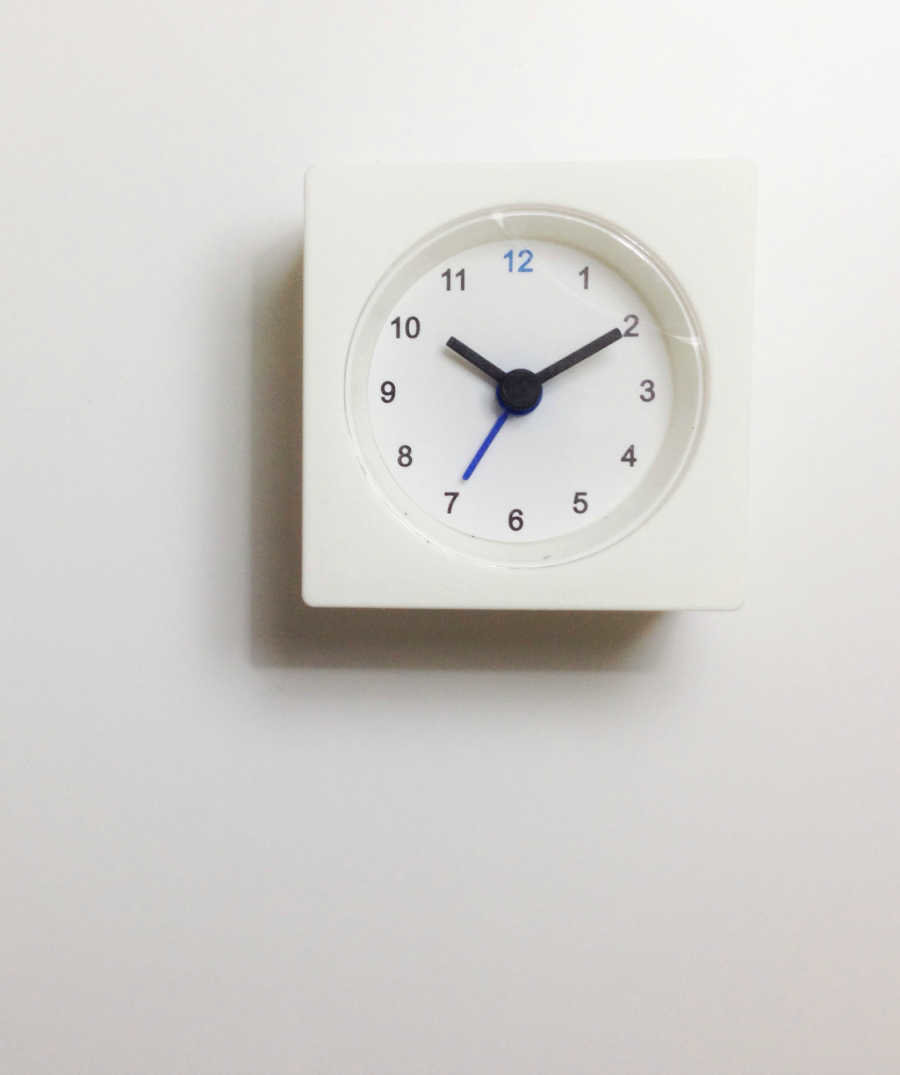
Intermittent fasting (IF) is kind of a thing right now. What IF does is offer the body a break from digesting food and signals for it to burn fat from our bodies instead. IF can mean not eating anywhere from 16 hours a day to several days at a time. Among benefits, IFers claim, besides weight-loss boosts, are mental clarity, better energy, and even better blood pressure. Work with a doctor or nutritionist to set up an IF plan, however — it can definitely be problematic when just done on our own.
Keep a Food Journal

Some plateaus have nothing to do with metabolism and everything to do with an unconscious backslide. When someone starts losing weight, it's easy to fall off track and loosen the reigns a little. Getting back on track may be as easy as keeping a food journal, which has been shown in studies to boost weight loss. Something about the accountability and the mindfulness of recording everything we eat keeps us from taking bites here and there that then add up.
Up the Fiber
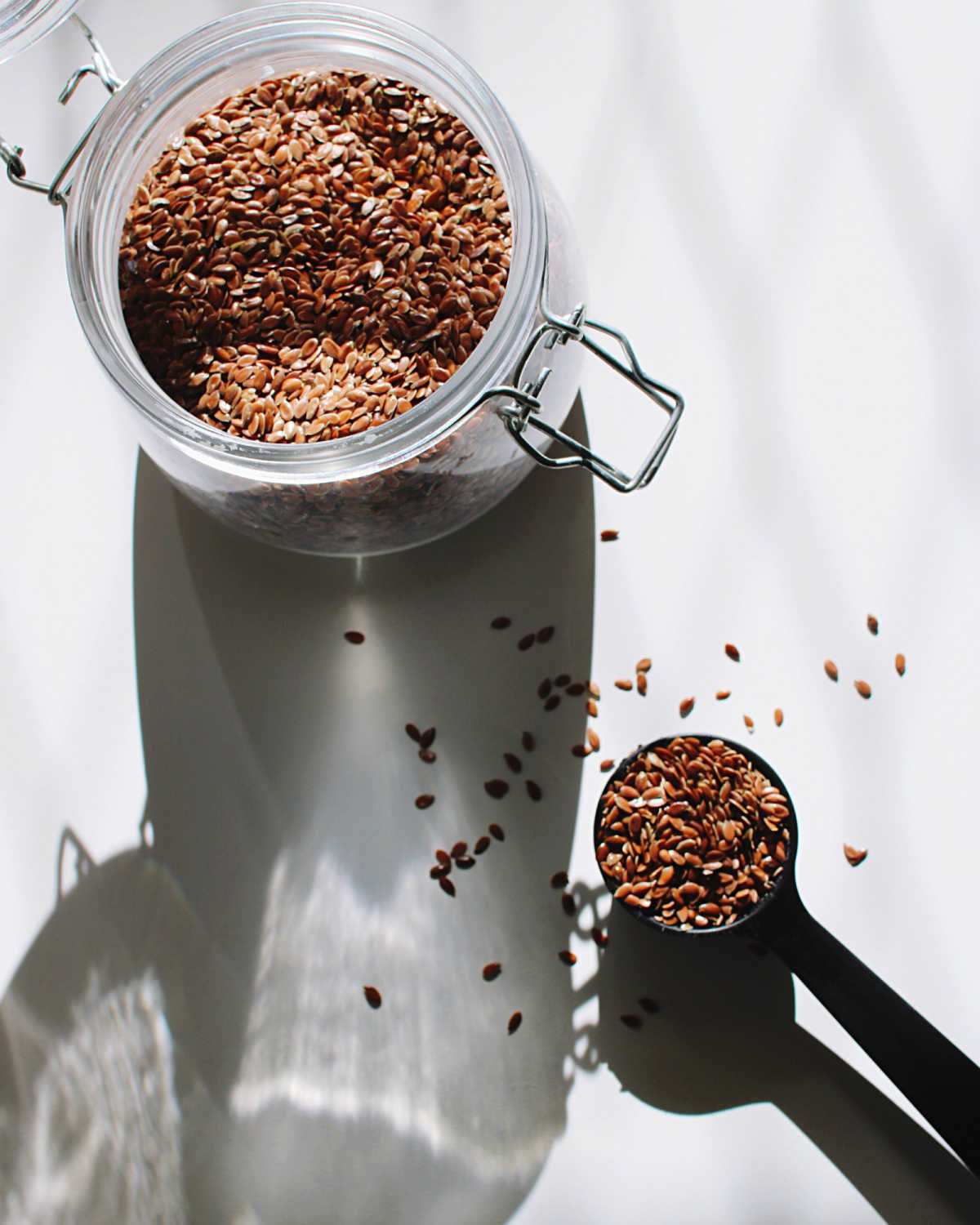
Aiming to eat 30 grams of fiber every day can help us lose weight, a study published in the Annals of Internal Medicine found. The extra fiber also helped stabilize and lower blood pressure and improved the body's response to insulin. No doubt the fiber helped the study's subjects feel fuller longer.
Have a Treat
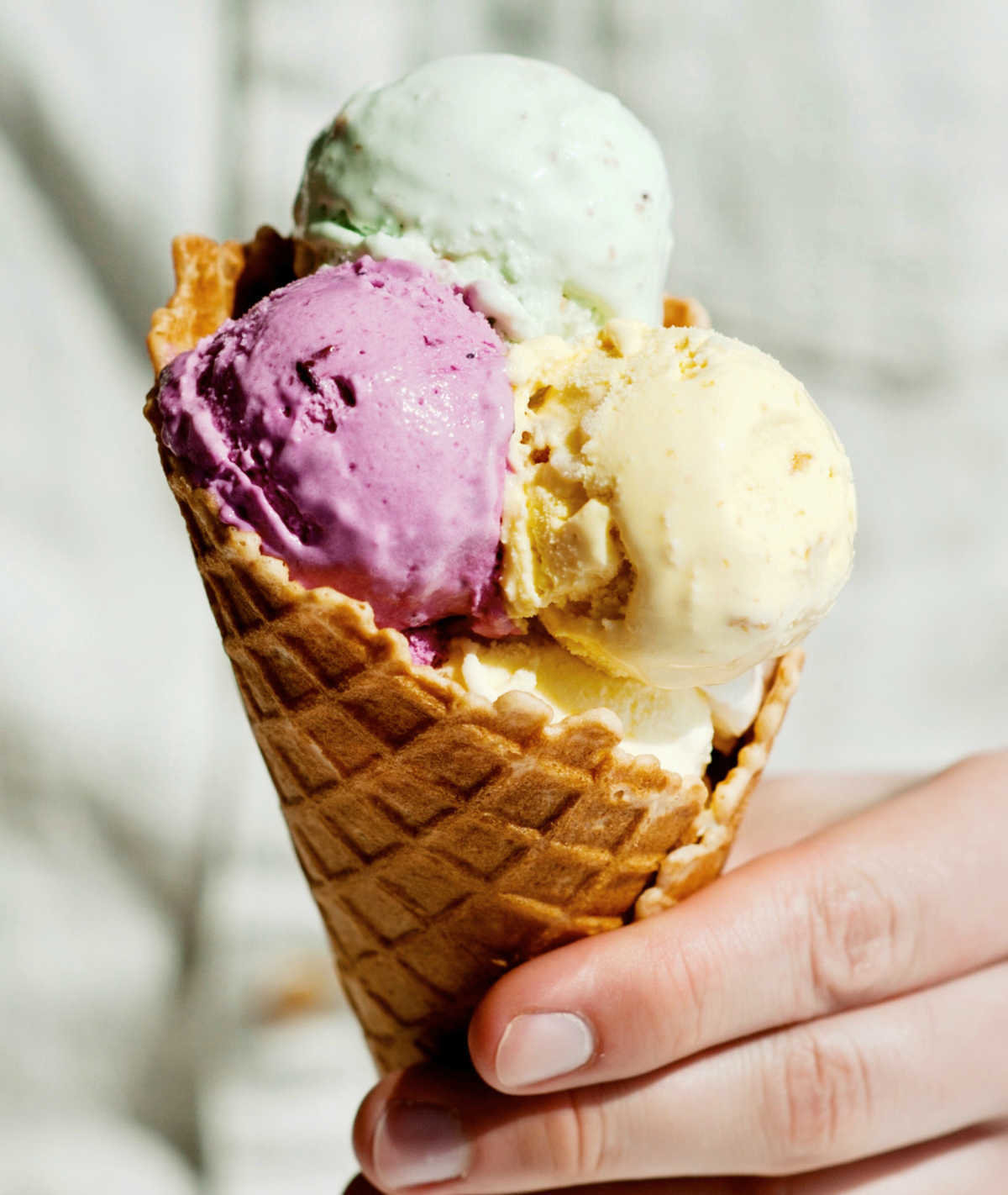
Look, nobody's losing weight by eating ice cream all the time. But we can lose weight eating ice cream some of the time. Successful dieting and permanent weight loss is a difficult and long game. Unending deprivation undermines our ability to stay on track. So, go ahead and have the treat once in a while. In fact, some people have found that instituting a so-called "cheat day" helped them stay on track and got them past a weight-loss stall.
Eat It Slowly

Eating fast and on the go is a very American habit, and one that could be undermining our health and weight goals. Some studies have found that eating mindfully — slowly and enjoying each bite — may help us lose weight. The idea is that mindful eating slows things down, which gives our stomachs a chance to signal to our brains that we're full. Though we may be eating all the right foods for our body, maybe our plateau is a signal that we're simply eating more than our body actually needs.
Try Mindfulness & Meditation

Lately, meditation has become the cure for whatever ails us. Weight-loss stalls are no exception. Some have claimed that meditation can help us lose weight. Sound too good to be true? There isn't any research that shows meditation boosts metabolism or exercises our bodies while we lay there thinking. But what meditation does do is calm the mind and help lower stress and cortisol levels. This, in turn, keeps us from eating mindlessly or emotionally, and tamps down hormones that send hunger signals. Meditation may also help us stop stressing about weight loss and get our mind right on finding good health in how we feel — and not a number on the scale.



